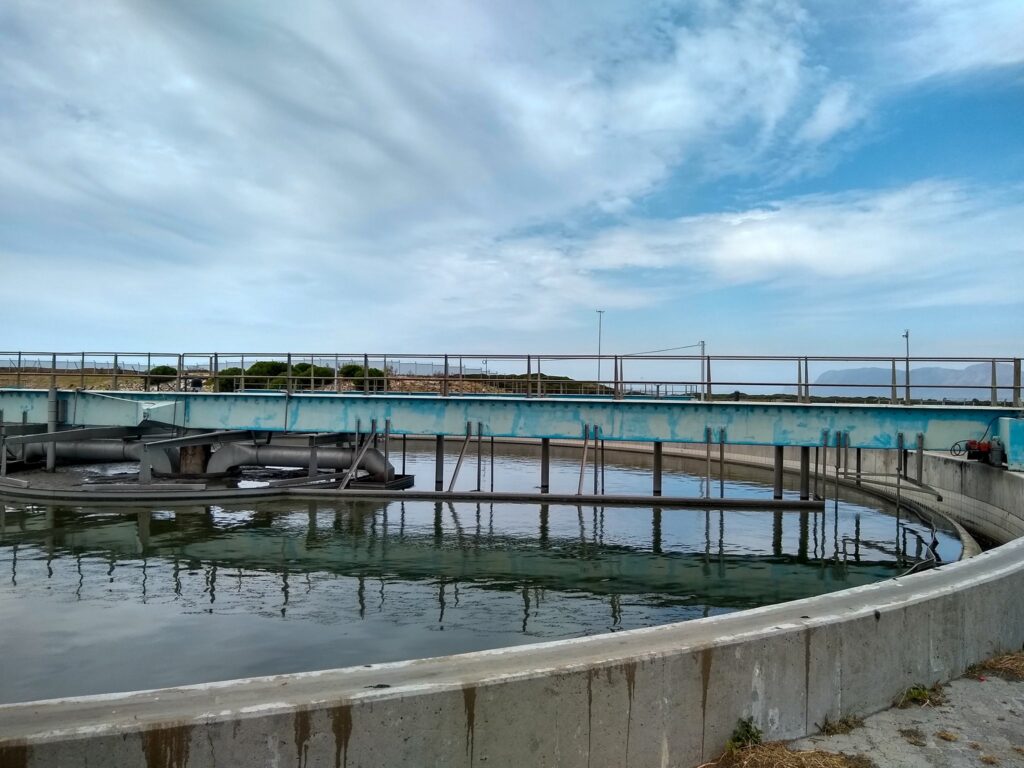Ensuring a sustainable water supply in the Western Cape
22-04-22
 A new research project aims to secure water supply to residents in Western Cape and avoid a Day Zero scenario.
A new research project aims to secure water supply to residents in Western Cape and avoid a Day Zero scenario.
The Western Cape has just gone through one of its worst droughts in 2015 to 2018, making international headlines. Dams reached their lowest levels in history, and everyone scrambled for alternative sources of water supply. Groundwater became the most feasible option.
In the new project researchers will focus on what is called ‘Managed aquifer recharge’ – a method in which natural groundwater basins are artificially being filled up with various water sources such as storm water, treated effluent and excess surface water. In other areas of the world, with Atlantis being a very good example, this method has been used with great success. Read about it here.
Our research will look at ways to make ‘managed aquifer recharge’ more effective while ensuring that the groundwater does not become contaminated,” says Nicolette Vermaak, one of the researchers behind the new project.
The researchers will study the Atlantis site to determine how effective sand is in filtering out pollutants from the wastewater that is being sent into the groundwater basins. The researchers also plan to set up a pilot managed aquifer recharge scheme for Saldanha Bay Local Municipality. Here, they will be monitoring the wetlands in the area as well as making laboratory experiments to ensure that the environment is not affected by the managed aquifer recharge.
We believe that managed aquifer recharge can ensure a sustainable water supply for the Western Cape if the process is managed correctly, says Nicolette Vermaak.
Read more about the research project Managed aquifer recharge in South Africa, MARSA
Nicolette Vermaak is a PostDoc Researcher at the University of the Free State, South Africa. This press release was written during the Bridging the Gap. Science for the Public communications seminar for Danida supported researchers.
Go back to our stories